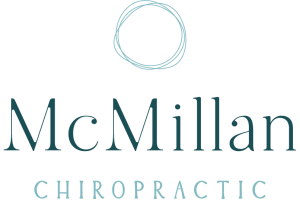Coeliac vs Gluten Intolerance
Ceoliac disease and gluten intolerance are two conditions that are often confused with each other because they share similarities in terms of symptoms and dietary restrictions. However, they are distinct conditions with different underlying causes and diagnostic criteria.
The main differences between coeliac disease and gluten intolerance:
Underlying cause: Coeliac disease in an autoimmune disorder in which the body’s immune system reacts to gluten, a protein found in wheat, barley, and rye, by attacking the lining of the small intestine. Gluten intolerance, also known as non-coeliac gluten sensitivity, is a condition in which individuals experience symptoms similar to those of coeliac disease when consuming gluten, but there is no autoimmune or allergic reaction involved.
Diagnostic criteria: Coeliac disease is diagnosed through a combination of blood tests, genetic testing, and intestinal biopsy. Blood tests look for the presence of antibodies that are produced in response to gluten, genetic testing looks for the presence of specific genes associated with coeliac disease, and intestinal biopsy involves taking a small sample of tissue from the small intestine to examine the damage to the lining. Gluten intolerance, on the other hand, is diagnosed based on the presence of symptoms that improve when gluten is eliminated from the diet, and ruling out other potential causes of symptoms.
Severity of symptoms: Coeliac disease can cause a range of symptoms, including gastrointestinal symptoms such as abdominal pain, diarrhea, and bloating, as well as non-gastrointestinal symptoms such as fatigue, joint pain, and skin rash. If left untreated, coeliac disease can lead to serious complications, such as malnutrition, anemia, and osteoporosis.
Gluten intolerance can also cause gastrointestinal symptoms, as well as headaches, brain fog, and joint pain, but it does not cause the same degree of damage to the small intestine as coeliac disease.
Treatment: The only treatment for coeliac disease is a strict gluten-free diet, which involves avoiding all foods and products that contain gluten. In contrast, individuals with gluten intolerance may be able to tolerate small amounts of gluten and may not need to completely eliminate it from their diet. However, like coeliac disease, the treatment for gluten intolerance involves eliminating gluten from their diet to relieve symptoms.
As we can see, coeliac disease and gluten intolerance are two distinct conditions with different underlying causes, diagnostic criteria, and treatment options. If you are experiencing symptoms after consuming gluten, it is important to speak with a healthcare professional to determine the underlying cause and develop an appropriate treatment plan.





